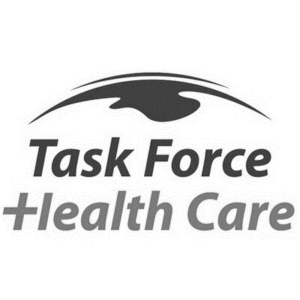In recent years, providers have been increasingly conducting tech pilots to see which solutions can best improve their clinical and operation success.
They have been scaling up their tech and IT spend in recent years, increasingly conducting tech pilots to see which solutions can best improve their enterprise’s clinical and operation success.
4 Things Startups Must Know to Achieve a Successful Tech Pilot
Ask providers how you can be their partner
Physicians and other providers want to do better, and patients need a lot more.
How can we fill that gap? The answer is to be with the patient 24/7 when the patient is not with the provider. That value prop is an easy sell to providers because that is something that they’re looking for.
This is a complement to traditional providers’ care delivery models, so it pivoted to a provider partner model in addition to its core direct-to-consumer model.
Such startup employs a holistic approach to e.g. women’s health management which is an approach that most traditional providers simply don’t have the time or resources to employ.
Quickly expanding to a business model that includes tech pilots with traditional providers is a smart decision, a decision that more direct-to-consumer startups should consider.
Demonstrate a solid integration plan
When a hospital is thinking about beginning a tech pilot with a vendor, it really wants to know that the vendor is capable of understanding the various technological intricacies of the hospital’s existing technology and operations systems.
You have to have the ability to have a conversation with just about any large enterprise health system because you are essentially fully integrated into EHRs (sometimes five at the time). If You knew how to do it like the back of our hand than you understand the challenges of working with many different internal organizations to get an implementation done.
Having this type of expertise is extremely attractive to health system customers.
Have some humility
Tech pilots tend to have the best outcomes when the hospital and vendor agree that the pilot is the first step toward a bigger deployment in the future.
If you do a pilot for pilot’s sake, just for marketing or to show to the investors, then you do the pilot, and it’s done. There’s nothing else after that. The goal should be scalable transformation.
With this goal in mind, startups should approach their partnerships with humility.
Instead of telling hospitals how great the product is and how much they need to buy it, vendors should try to work with hospitals to understand their specific pain points.
That way, the vendor and the hospitals can work together to modify the product so it can best address the organization’s unique needs.
Make sure that the AI is really good
Over the past few years, it seems like every digital health startup is promoting its AI capabilities, however, it’s unclear if all these startups are truly using AI to make a difference in healthcare.
AI isn’t the glorious buzzword that some startup founders may think it is. When you try to sell a provider an AI solution, you’re introducing them to a new layer of risk.
That means that the startup will need to have some AI experts on its team that can define that risk to providers and help them mitigate it.
This is an important consideration for startups to think about.
AI isn’t just a buzzword, so if you’re going to make it a key part of your value proposition, do so carefully.
If you are interested deeper please have a look at the full article of MedCity News’ INVEST Digital Health conference in Dallas where healthcare leaders shared their insight on how startups can best serve their provider partners during these pilots.
https://medcitynews.com/2024/09/healthcare-technology-startup/











